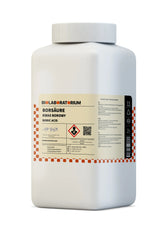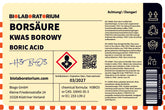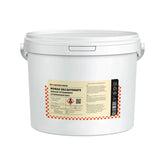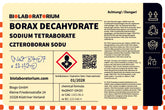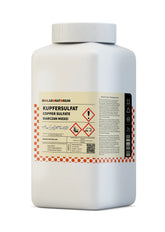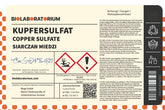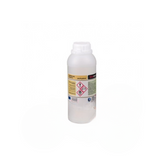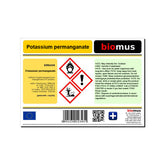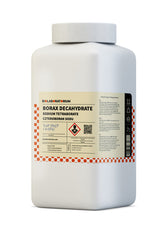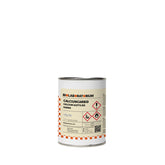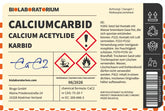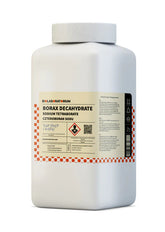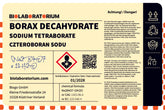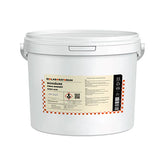The versatile role of iodine in industry
Iodine is a chemical element that occurs naturally in small amounts and finds a variety of applications in industry. As one of the most important halogen elements, iodine has unique properties that make it an indispensable component in numerous industrial processes. In this blog post, we take a look at the various uses of iodine in industry and highlight its importance for the production of products that shape our daily lives.
The chemical properties of iodine
Iodine is a dark violet, crystalline solid element that sublimates at room temperature, meaning it transitions directly from solid to gas. This property makes iodine a valuable starting material for chemical syntheses. Furthermore, iodine is a halogen and exhibits high reactivity, making it an important component in many chemical reactions.
Iodine has an atomic number of 53 and an atomic mass of 126.9 g/mol. It is only slightly soluble in water but dissolves well in organic solvents such as ethanol or carbon tetrachloride. These solubility properties are crucial for the industrial use of iodine.
Use in the chemical industry
In the chemical industry, iodine has diverse applications. It serves as a catalyst in organic syntheses, especially in addition reactions and halogenations. For example, iodine is used in the production of dyes, pharmaceuticals, and pesticides.
Moreover, iodine is an important component in the production of photographic chemicals. In the past, iodine was essential for the development of photographic materials as it increases light sensitivity. Even though classical photography has lost significance today, iodine still plays a role in digital image processing.
Use in the Electronics Industry
Iodine also finds diverse applications in the electronics industry. It is used in the production of semiconductor materials, such as indium iodide. This material is important for manufacturing thin-film solar cells and organic light-emitting diodes (OLEDs).
Furthermore, iodine is used in the electronics industry as an alloy component. Iodine-containing alloys are used in contacts, switches, and relays because they have high conductivity and corrosion resistance.
Iodine as a Disinfectant
Besides its applications in the chemical and electronics industries, iodine also has important uses as a disinfectant. Due to its antimicrobial effect, iodine is used in hospitals, laboratories, and other sensitive areas to disinfect surfaces, instruments, and wounds.
Iodine-based disinfectants are particularly effective against a wide range of bacteria, viruses, and fungi. They are used in wound treatment, disinfection of surgical instruments, and drinking water purification.
Iodine in the Food Industry
In the food industry, iodine also plays an important role. It is used as an additive in salt to combat iodine deficiency in the population. Iodized table salt is legally required in many countries to ensure the supply of this essential trace element.
Furthermore, iodine is used as a disinfectant in food processing. It is employed to disinfect surfaces, equipment, and packaging materials to ensure food hygiene.
Safety and Storage of Iodine
Although iodine has many applications in industry, caution must be exercised when handling and storing iodine. Iodine is toxic and can be harmful to health if inhaled, swallowed, or in contact with skin. Therefore, strict safety measures must be observed when using iodine in industrial operations.
Iodine must be stored in well-ventilated rooms as it easily evaporates. Additionally, iodine should be kept away from heat sources and open flames because it can react explosively when heated. Storage in airtight containers is also important to prevent contamination of the environment.
Conclusion
Iodine is a versatile chemical element that plays a key role in industry. From the chemical industry to the electronics industry and food processing - iodine is used in numerous applications. Its unique chemical properties make it an indispensable component in industrial processes and products. At the same time, handling iodine requires special safety measures due to its toxicity. Overall, iodine proves to be a fascinating element that shapes industry in many ways.

